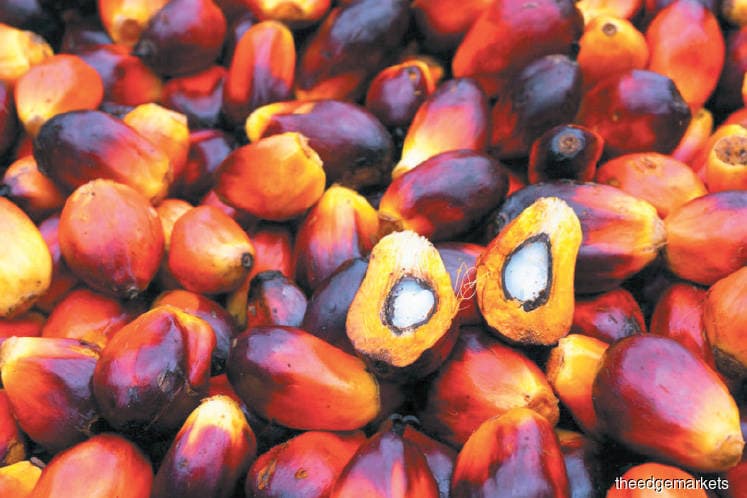
This article first appeared in The Edge Financial Daily on July 17, 2018
KUALA LUMPUR: The Malaysian Palm Oil Association (MPOA) has been urged to play an active role in restructuring the fragmented palm oil industry to help realise the sector’s economic potential.
“We are working in silos,” said industry veteran MR Chandran. “Different associations have different agendas, although they are all part of the industry. It's very fragmented and we are not speaking with one voice.”
Speaking at the Incorporated Society of Planters’ (ISP) national seminar yesterday, Chandran said the structure of the local palm industry is “mind-boggling” given the huge number of organisations involved in the upstream, midstream and downstream segments.
Raising examples of the sugar and wheat industries in Australia, dairy industry in New Zealand and soybean industry in the US, Chandran called for the consolidation of organisations under one umbrella entity to better communicate with the newly formed ministry of primary Industries, especially on the industry’s needs.
“I would like the chairman of MPOA to [see] the need to restructure this industry. We have far too many voices out there, sending different messages to different people in various places. Hopefully, the MPOA can do something about this, and bring everything under one umbrella,” he said, directing his call to the association’s chairman Datuk Franki Anthony Dass, who was present.
Chandran, who is a director of ISP, was the start-up chief executive of the MPOA. The association is itself a government-supported entity formed in 1999, following a rationalisation exercise of associations, advisory bodies, and councils of the plantation industry, which saw the dissolution of several large plantation sector organisations then.
“Business as usual is not an option. Sustainable development calls for long-term actions, and requires ownership, capacity, and consensus,” Chandran said, highlighting that Malaysia is far from achieving the RM178 billion revenue contribution to the nation’s gross national income targetted by 2020 under the National Key Economic Area (NKEA).
A government-initiated total restructuring of the palm industry is necessary to realise the industry’s economic potential, and for it to be the global stalwart for food, feed, fibre and fuel industries, Chandran added.
Look into pepper farming, Malaysians told
Meanwhile, yesterday’s seminar discussed alternative crop options for Malaysia, such as pepper and durian, which are both seeing a rising global demand.
Speaking at the event, Malaysian Pepper Board director-general Dr Harry Entebang said Malaysians, especially the younger generation, should explore the opportunity to farm pepper given the current lack of global supply and decent margin of up to 10% it yield.
“We also want to promote private sector participation. There’s a need to attract private sector investment into the industry with relevant incentives,” he said, citing joint efforts to set up processing plants in pepper farms as an example.
As for durian, Vincent Chow of VC Environmental Services said Malaysian planters should prepare themselves and act fast, to meet the demand that China’s increasingly affluent middle-class has towards the Musang King, which is not traditionally exported by Thailand to China.
According to Chow, the typical market price for Musang King had soared by 42%, from RM36.50 per kg to RM90 per kg in 2017.
He said oil palm plantations are suitable as the land of 20% slopes in them could be converted for durians, besides the fact that there is established workforce that can be leveraged on since durian planting does not require intensive training.
However, Chandran cautioned the hasty decision for planters to jump on the bandwagon of the business.
"The market for all alternative crops is actually smallholder crops. If we turn all these into plantation crops, on a large scale basis, there's a supply-demand issue. It's not going to be profitable. I think we need to balance this, [the act] of asking [planters] to go into these sorts of crops, except for natural rubber, which is suitable and has been a success story here," he said.